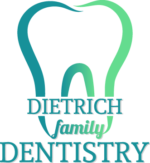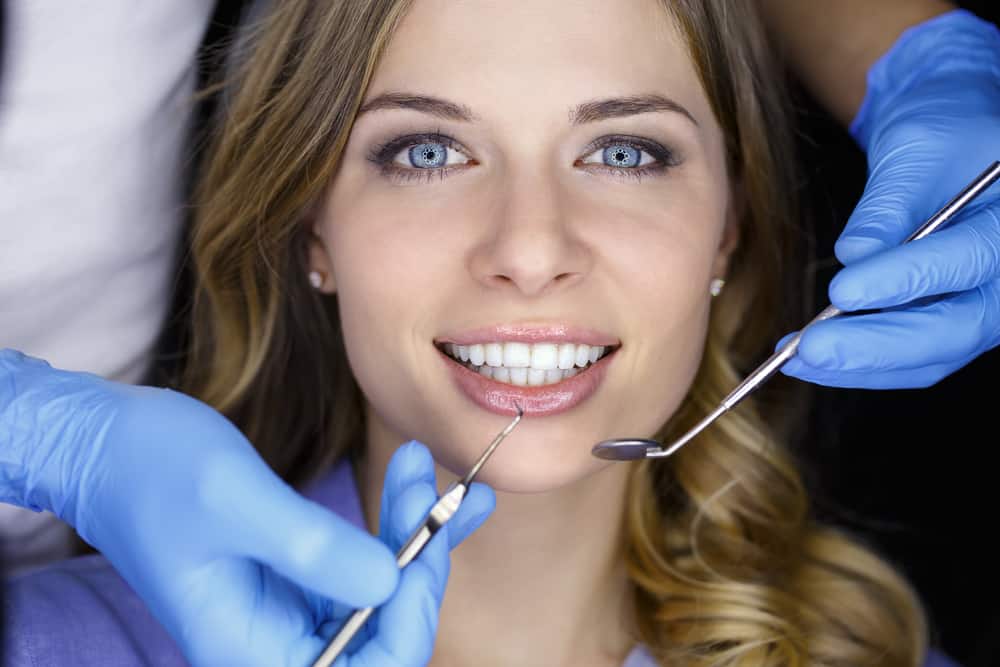
Dental health is not merely confined to physical well-being; it also holds significant psychological implications. The state of our teeth and gums can influence our self-esteem, social interactions, and overall mental health. This topic delves into the psychological impact of dental health, highlighting the various ways in which oral health can affect our emotional well-being.
Dental Anxiety: Dental anxiety, or fear of visiting the dentist, is a common psychological issue that affects many individuals. The fear can stem from various factors such as previous traumatic dental experiences, fear of pain, or a general feeling of vulnerability while sitting in the dental chair. Dental anxiety can lead to avoidance of dental visits, resulting in neglect of oral health and exacerbation of dental problems. Understanding and addressing dental anxiety is crucial in ensuring individuals receive the necessary dental care they need.
Self-esteem and Dental Appearance: The appearance of one’s teeth plays a vital role in self-esteem and confidence. Crooked, stained, or missing teeth can cause individuals to feel self-conscious and hesitant to smile or engage in social interactions. This self-consciousness can impact relationships, career opportunities, and overall quality of life. Cosmetic dentistry and orthodontic treatments can significantly improve the appearance of teeth, positively impacting self-esteem and psychological well-being.
Chronic Dental Conditions and Mental Health: Chronic dental conditions, such as periodontal disease or temporomandibular joint disorder (TMD), can have a profound impact on mental health. Persistent pain, discomfort, or difficulty in chewing can lead to frustration, irritability, and even depression. Chronic dental conditions can disrupt sleep patterns, affect daily activities, and reduce overall quality of life. Comprehensive treatment of these conditions, along with addressing their psychological effects, is crucial for improving mental well-being.
Body Image and Dental Health: Body image concerns extend beyond weight and physical appearance; dental health also plays a role. Misaligned teeth, oral appliances like braces or retainers, or visible signs of dental work may lead individuals to feel self-conscious about their appearance. This can affect body image perception and influence overall self-confidence. Acknowledging the psychological impact of dental aesthetics and providing appropriate support and interventions can contribute to a healthier body image.
The Role of Dental Professionals: Dental professionals play a crucial role in addressing the psychological impact of dental health. Creating a supportive and empathetic environment in dental clinics, employing effective communication strategies to alleviate patient anxiety, and integrating psychological interventions into dental care can significantly improve patient experiences. Collaboration between dental professionals and mental health providers can ensure comprehensive care for individuals experiencing significant psychological distress related to dental health.
Conclusion: Recognizing the psychological impact of dental health is essential for promoting holistic well-being. By addressing dental anxiety, improving dental aesthetics, treating chronic dental conditions, and fostering a supportive dental environment, we can positively impact individuals’ self-esteem, social interactions, and overall mental health. Integrating psychological considerations into dental care can lead to improved oral health outcomes and a better quality of life for individuals.
At Dietrich Family Dentistry we take pride in helping those with the physiological impact dental anxiety can have on your mental health and help those with severe anxiety by alleviating those high impact feelings to benefit your overall health.




